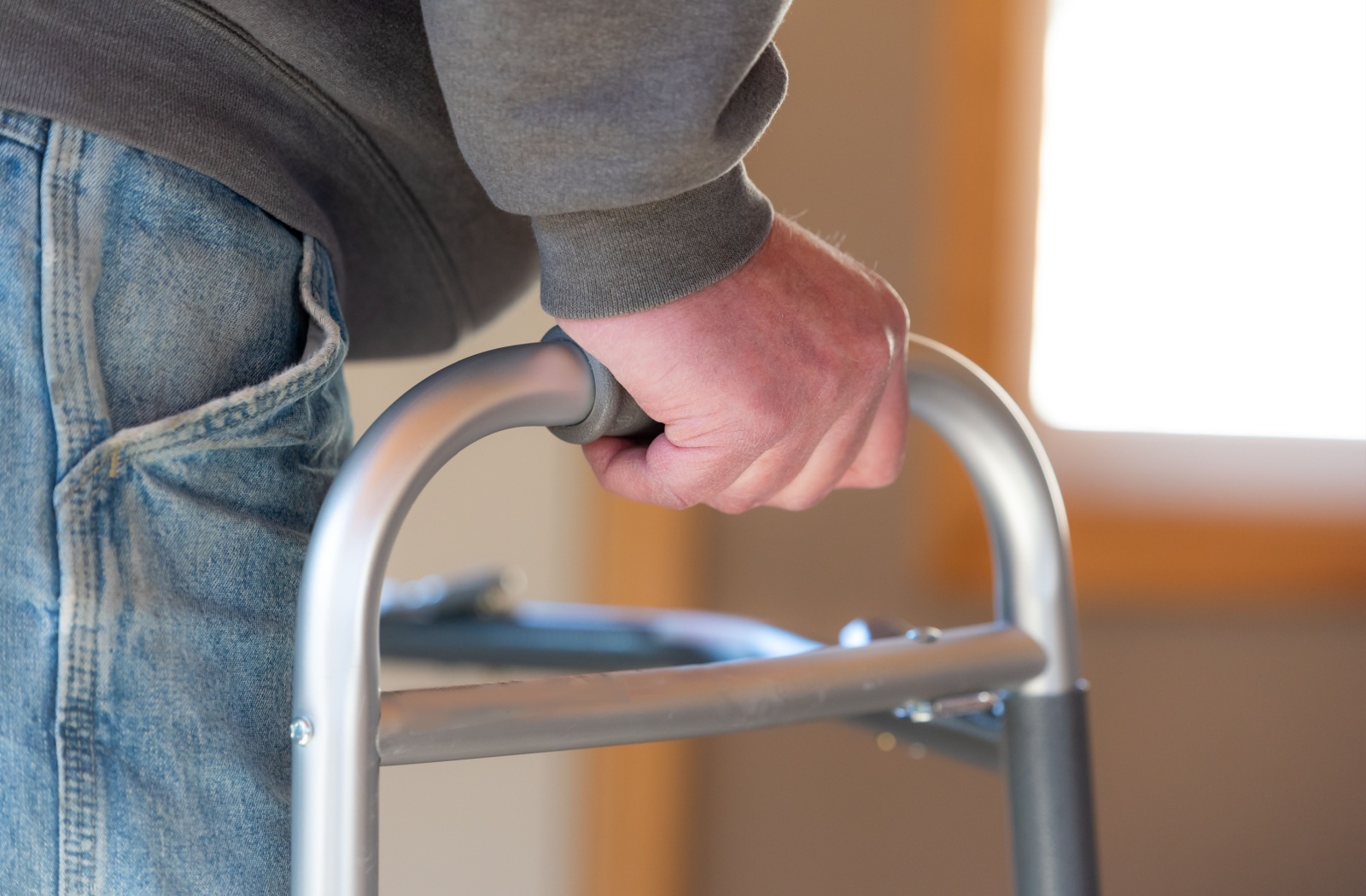Several types of senior living options are available, from independent living to respite care. Choosing the right one for your particular situation is a matter of deciding your needs and finding a community that can provide for or caters to those needs.
As you’ll see when we compare the two below, there are some significant differences between a regular senior living community and one that specializes in respite care. Many amenities and services are similar, but the communities differ in their purpose.
What Is Respite Care?
In a nutshell, respite care is a short-term solution for the caregiver of an aging adult that needs full or part-time care. It serves to give their caregiver respite, or a short break from typical caregiving duties. Depending on the type of care, this could be an afternoon of care, or up to several days.
Many senior communities offer short-term respite care options in addition to their long-term residents. Typically this respite care is for more extended short-term care when compared to day centers or at-home care.
The nice thing about a short-term stay in a senior community is that the aging adult can typically benefit from the same amenities as the other long-term residents, so they feel like they are part of a community. This can be a huge benefit for those who struggle with feeling isolated.

Purpose and Benefits of Respite Care
There are several significant benefits for both the caregiver and the older adult. Let’s look at them here:
Allows a Caregiver to Recharge
Providing 24/7 care for a loved one is draining. No matter how much you love them, there comes the point where a person runs out of gas. Respite care allows the caregiver to avoid caregiver fatigue, which can lead to resentment or even health problems. This is especially true for someone who isn’t specifically trained as a caregiver with the proper coping techniques.
The caregiver can provide better care by having some space or freedom to fill their own cups.
Provides Socialization Opportunities
Socialization opportunities go both ways. For the caregiver who spends all or most of their time caring for their loved one, their relationships may suffer. So, respite care may allow them to go out for an afternoon with friends or go on a date with their partner.
Allows a Caregiver to Take Time for Themselves
When 100% of their time goes to caring for their loved one, it can be almost impossible to have any time to themselves. No matter how much they love other people, nobody can constantly give without taking time to themselves to sit back and take a breath.Simply taking an afternoon off or a couple of days can make a world of difference in someone’s care.
Peace of Mind
One of the biggest reasons someone may be hesitant to use a respite care service could be a lack of trust. This is especially true if the person is caring for a loved one. But a huge benefit of using professional respite care services is professionalism. You can be sure your loved one is receiving the best care from professional staff with specialized training.
How Del Corazon Hospice in Santa Fe Can Help
If you’re running on empty and you need a break. Reach out to Del Corazon Hospice in Santa Fe. Our professional staff is happy to answer all your questions. And if you’re interested, we’re happy to book a tour so that you and your loved one can take a look at the community. This way, you both see how comfort and safety are at the front of our minds.


